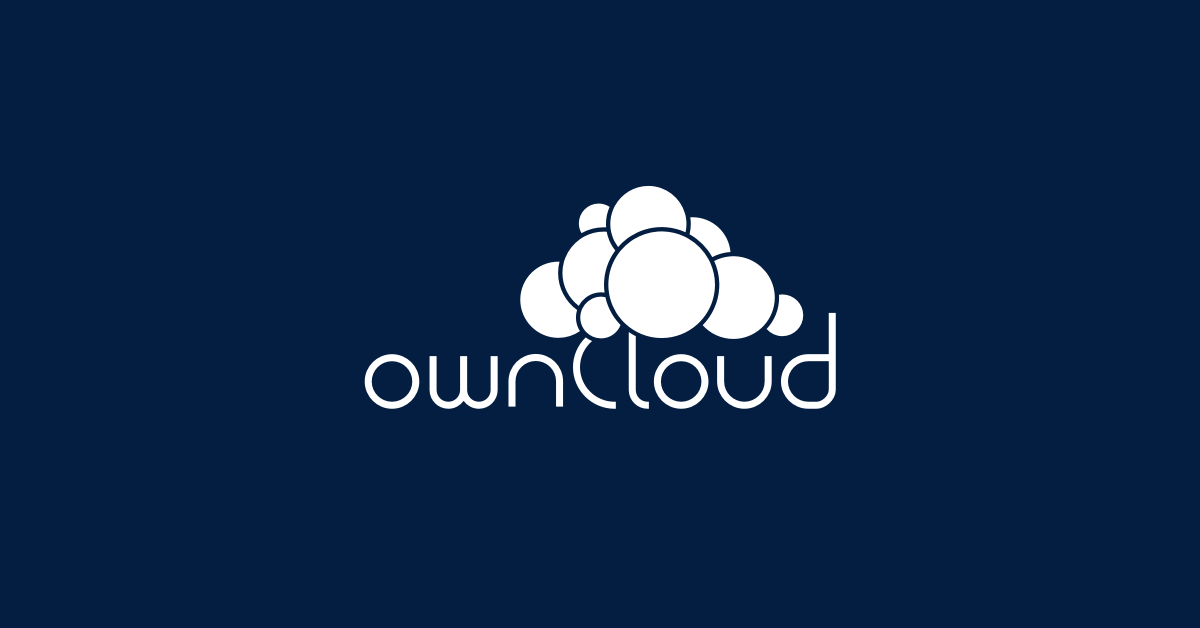Do you run other things on your system other than containers? I have a VM that only runs containers so it really doesn’t do anything else with systemd apart from the basics so I’m curious if there would be any advantage to me switching.
- 4 Posts
- 192 Comments
Why would someone want containers managed by systemd instead of just having them run like normal? What is the advantage?
Also if you use cockpit or some equivalent GUI to manage your containers, do you have to give it permission to control all systemd services?
I would check the journalctl logs to ensure it is fully turning off. If here is still battery drain and you are sure the laptop is off, then its a hardware issue rather than software.
Immich is quite new clearly say they will have breaking changes.
Stable release planned for this year
The updates are almost always packed with cool new features so I’d rather have an amazing app with a bit of maintenance then get something stable that lacks features. Especially when stability is now just around the corner.
As far as breaking changes go, in the year of me using the docker install I’ve had maybe 3 updates that required me to change things and each one was leas than 10 mins of work. Pretty basic stuff if you are actually on the selfhosted path. Most people complaining seem to like auto updating apps automatically which seems crazy. I update when I have time to mess around, otherwise it just chugs along super stable.
Yes it works with the android app
Very reasonable. FWIW, sfp uses way less power than rj45 for 10gbe if that’s an option.
The comments here saying to not bother with 10gbe is surprising considering it’s the selfhosted community, not a random home networking self help. Dismissing a reasonable request form someone who is building a homelab is not a good way to grow niche communities like this one on the fediverse.
10gbe has come down in price a lot recently but is still more expensive than 1gb of course.
Ideas for switches: https://www.servethehome.com/the-ultimate-cheap-10gbe-switch-buyers-guide-netgear-ubiquiti-qnap-mikrotik-qct/
https://www.servethehome.com/nicgiga-s25-0501-m-managed-switch-review-5-port-2-5gbe-and-sfp-realtek/
For a router: https://www.servethehome.com/everything-homelab-node-goes-1u-rackmount-qotom-intel-review/
OwnCloud rewrite in Go is way better
I’m surprised no one mentioned this if you are already using kde
This should help

 231·24 days ago
231·24 days agoVaultwarden itself is actually one of the easiest docker apps to deploy…if you already have the foundation of your home lab setup correctly.
The foundation has a steep learning curve.
Domain name, dynamic DNS update, port forwarding, reverse proxy. Not easy to get all this working perfectly but once it does you can use the same foundation to install any app. If you already had the foundation working, additional apps take only a few minutes.
Want ebooks? Calibre takes 10 mins. Want link archiving? Linkwarden takes 10 mins
And on and on
The foundation of your server makes a huge difference. Well worth getting it right at the start and then building on it.
I use this setup: https://youtu.be/liV3c9m_OX8
Local only websites that use https (Vaultwarden) and then external websites that also use https (jellyfin).

 1·29 days ago
1·29 days agoSee me comment above
https://lemmy.ca/comment/11490137
I don’t like that obsidian not fully open source but the plugins can’t be beat if you use them. Check out some youtube videos for top 20 plugins etc. Takes the app to a whole new level.

 1·29 days ago
1·29 days agoI could never get NextCloud on android to sync files back to the servers

 9·29 days ago
9·29 days agoThe real power of obsidian is similar to why Raspberry Pi is so popular, it has such a large community that plugins are amazing and hard to duplicate.
That being said, I use this to live sync between all my devices. It works with almost the same latency as google docs but its not meant for multiple people editing the same file at the same time

 1·1 month ago
1·1 month agoIs it still a drop in replacement for gitea, I’ve been meaning to switch

 3·2 months ago
3·2 months agoThis is the correct answer for the selfhosted crowd

 2·2 months ago
2·2 months agoSleep mode seems to be working well for me on fedora atomic with kde (aurora).
Deep sleep works well and can stay sleeping for days.
Normally sleep rules are working well. The do not sleep toggle in the power menu also works to prevent it from sleeping.
Only thing that doesn’t work is flatpak apps can’t prevent the system from sleeping, so watching a video, using Handbrake to encode etc will all just allow it to sleep if there is no physical input.
I have a 2018 dell xps

 4·2 months ago
4·2 months agoAnd borgmatic makes retention rules with automatic runs super easy. It basically a wrapper that runs borg on the client side.

 2·2 months ago
2·2 months agoI’ve been using this for a few months now. Its really great.

I use this for oauth, forward proxy and ldap authentication. All my apps are authenticated via authentik and its great